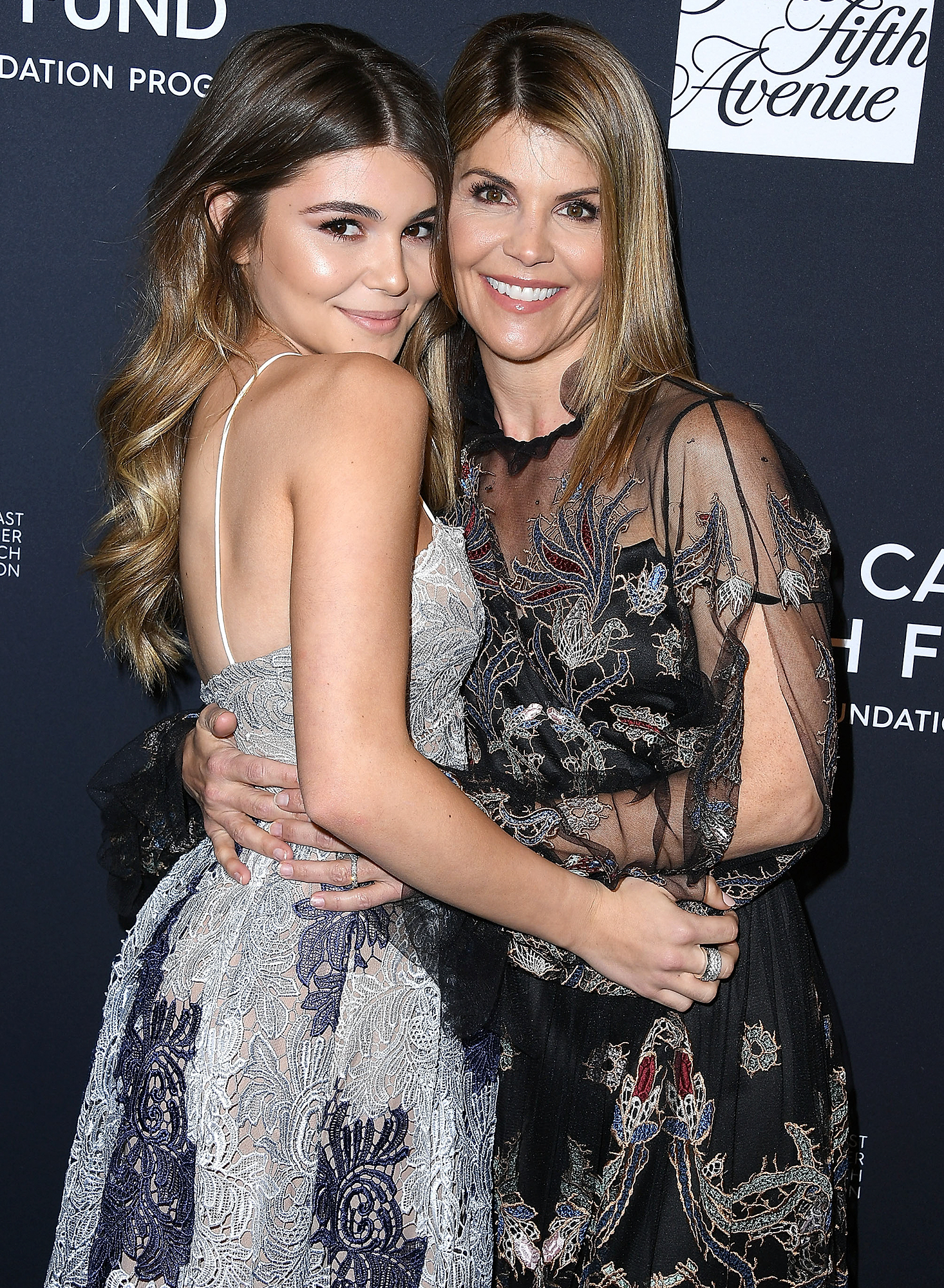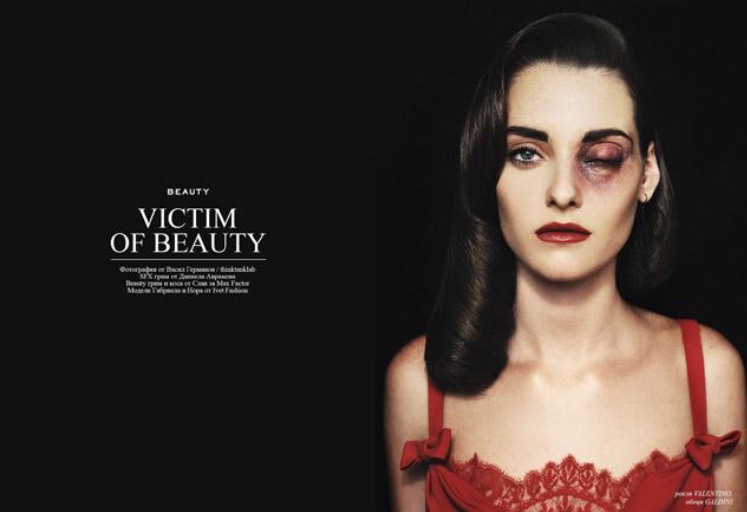
For years, companies have used celebrity endorsements to build their brand and appeal to wider audiences. There is a proven psychology that shows celebrities can push customers to buy things regardless of product efficiency, expert opinions, or morals of the company. These endorsements can easily become both unethical and risky at the expense of the customer, the celebrity, or the company itself.
Celebrity endorsements are not limited to the United States, but are a global market strategy. A study done in Punjab, India, focusing on risks associated with celebrity endorsements, identifies common patterns through empirical analysis. The study identifies five key factors that can prove problematic in these endorsements, which I believe are worth mentioning. While each one of these categories could be elaborated on extensively, a brief problematic example of each is listed below:
1. Multiple product endorsements
Kobe Bryant lost his endorsement with Nutella after an accusation for rape, and McDonalds decided to follow their lead and drop him as well.
2. Financial risk
David Beckham was in contract as a promoter for Brylcreem, a hair product. However, once he shaved his head, it was noted that sales of Brylcreem plummeted by 25%.
3. Tarnished brand image
OJ Simpson was the face of Hertz rental cars before he was known for murdering his wife, creating fallout for the image of Hertz.
4. Misleading advertisement
Charles Barkley was unaware that he was being recorded on camera when he called his endorsement of Weight Watchers a scam, providing false advertisement and bad publicity on both ends.
5. Negative Publicity
Kirstie Alley was allegedly dropped from being the spokesperson for Jenny Craig because she was “too fat,” and this reflected poorly on the franchise.
These are just a few examples which showcase the negative publicity associated on the celebrity’s end, the company’s end, and the consumer’s end.
While not directly stated, all of these situations mislead the public or harm their opinion of something or someone.
There are many moving factors when considering the ethicality or efficiency of brand endorsements. The unpredictability of these endorsements remind us that many questions can arise. Are celebrities accountable for the brands that they endorse? Are companies accountable for the celebrities that support them? Is it unethical or misleading if the celebrity does not even use the product brand that they endorse? This list goes on, and brings us to one ultimate question: should direct celebrity endorsement exist on such a grand scale?







